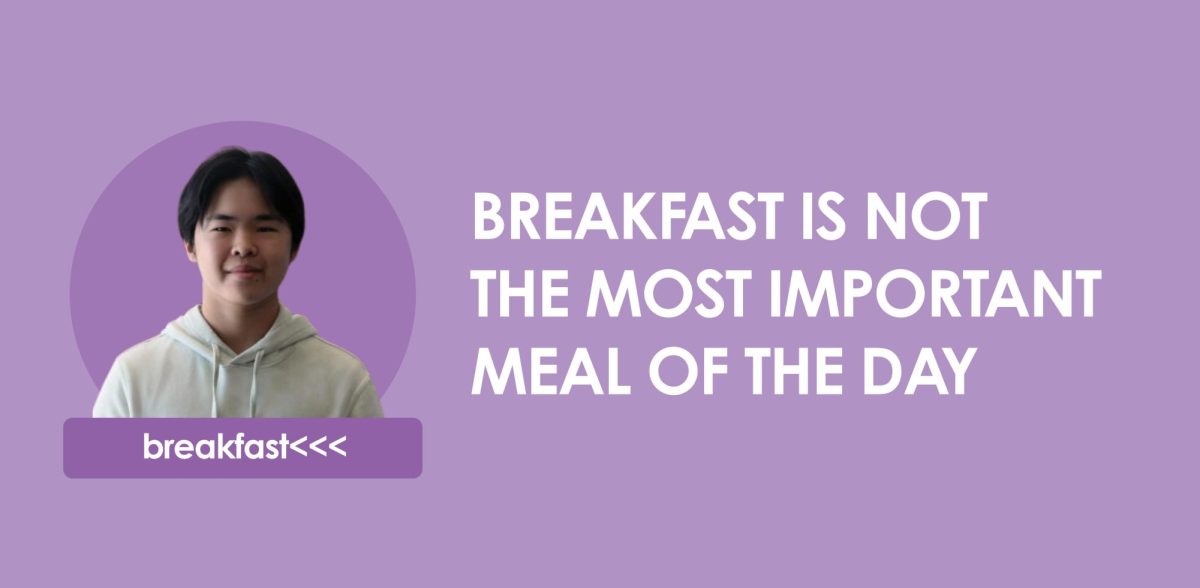Breakfast is the most important meal of the day, right? Everyone says it, so it must be true. Unfortunately, that’s health propaganda spread by none other than John Kellogg, the same who also made breakfast cereals. It’s time to wake up and smell the coffee — or the lack thereof.
Now, I won’t disparage the idea of breakfast itself as it provides a nice boost of energy in the morning. In fact, I eat breakfast too. That being said, the stereotypical breakfast perpetuated by American media is incredibly bad for you. Foods like orange juice, bacon and hash browns are loaded with sugar, sodium and fats. While all three are fine in limited quantities, in excess, these can leave your health arguably worse than if you had never eaten at all. Even unsuspecting foods, like white bread, are loaded with unnecessary sugars. Traditional recipes for waffles, pancakes and biscuits include concerning amounts of calories. Recipes such as this one for biscuits have a tablespoon of butter per biscuit, equating to roughly 102 calories purely from fat. This stereotypical American breakfast heralds from the 18th to 19th century, where most of the country was still farmland and we had no mechanized hardware. This original breakfast would provide massive amounts of energy, which was needed at the time. Though it has its place, this type of breakfast is antiquated in the modern world for most of the population. No one should kick off their day with a 2,000-calorie meal.
Scientifically, the consumption of breakfast does not significantly affect resting metabolic rate nor diet-induced thermogenesis, which is the energy spent while digesting food. Overall, the general caloric intake is reduced for people who omit breakfast, with limited support for finding greater intake after omission due to overeating during lunch or dinner. However, it is more common to find that those who omit breakfast do not compensate for the deficiency during other meals. Even though there is evidence suggesting that skipping breakfast increases risk of disease, in truly randomized and controlled trials, the explanations for these disease mechanisms remain extremely limited. In lean individuals, skipping breakfast led to no changes in glycaemic control. There are either nonexistent or non-detectable factors stemming from chronic breakfast omission. In fact, it is suggested that as long as the inter-meal period is long enough to trigger ketosis, where your body burns fat instead of glucose, and enter lipolysis — the breaking down of fats — decreases the risk of obesity and its comorbidities.
With this in mind, if you insist on eating breakfast, there is no need to be so carb and fat heavy. Instead, opt for high protein, unsaturated fats, and fiber, which will keep you satiated for longer. Breakfast does have its benefits when concerning morning energy levels. However, in terms of overall macronutrients and daily caloric intake, breakfast proves to be fairly unimportant. Maybe skip that bowl of cereal and instead, sleep another half hour to get prepared for your day ahead.
The views in this column do not necessarily reflect the views of the HiLite staff. Reach Matthew Du at [email protected].

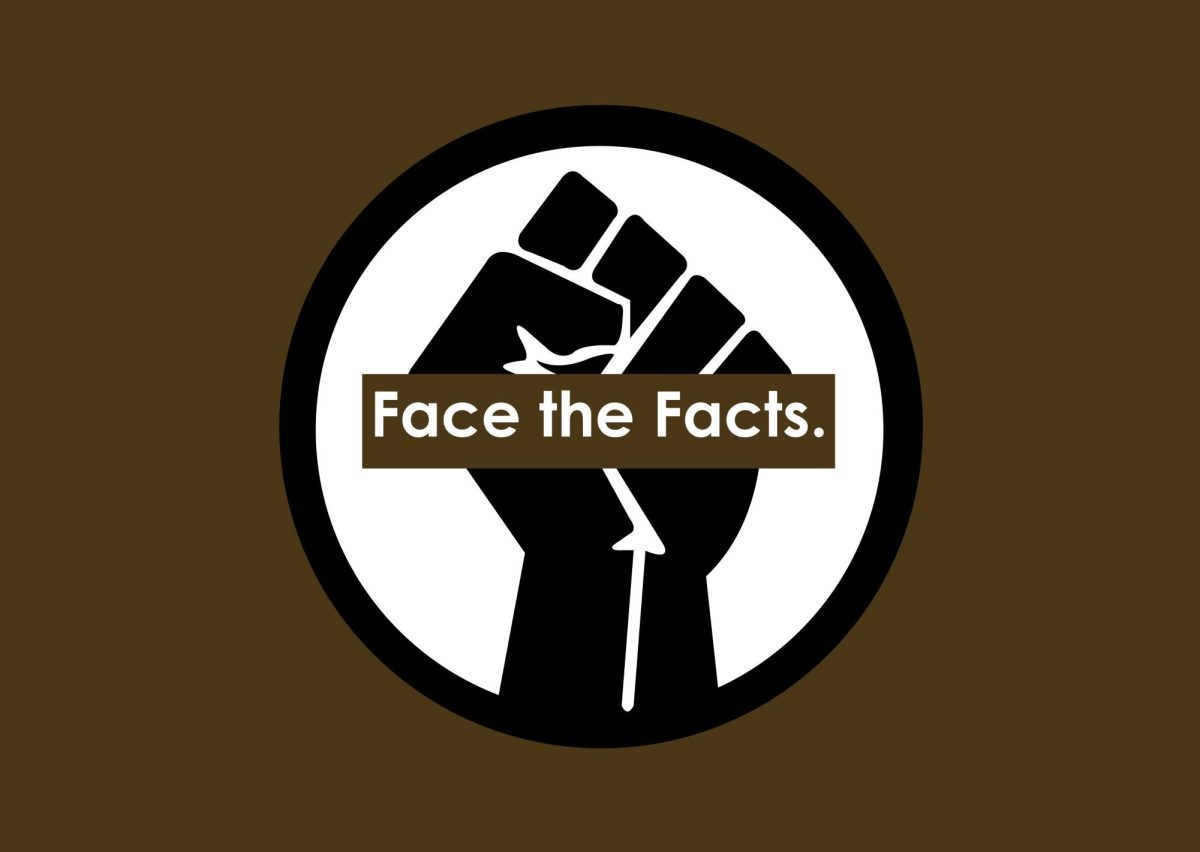




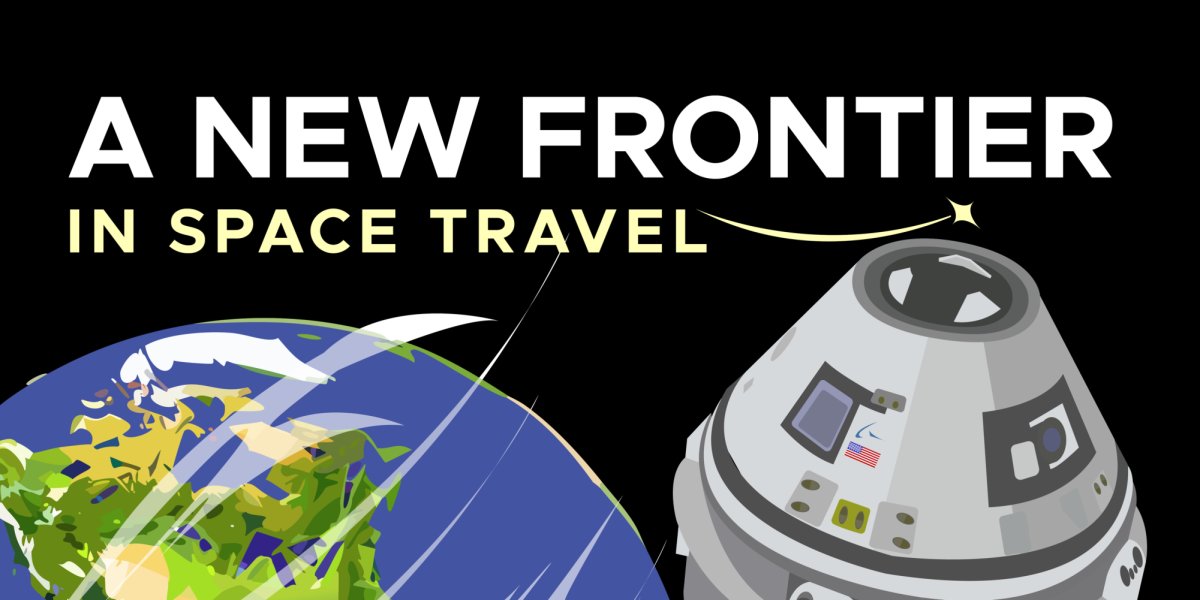



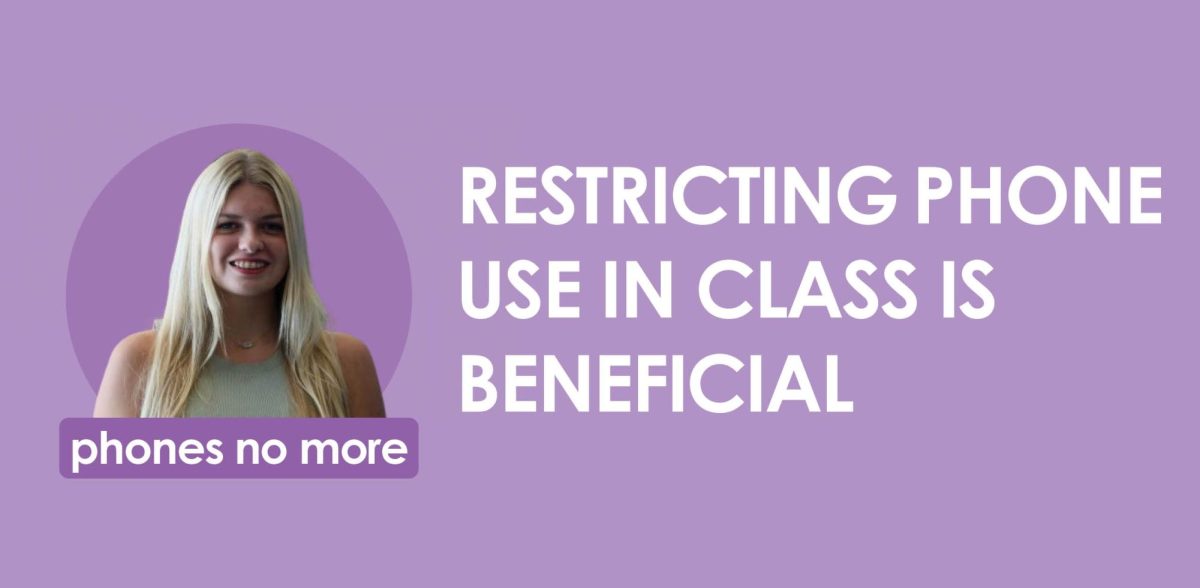
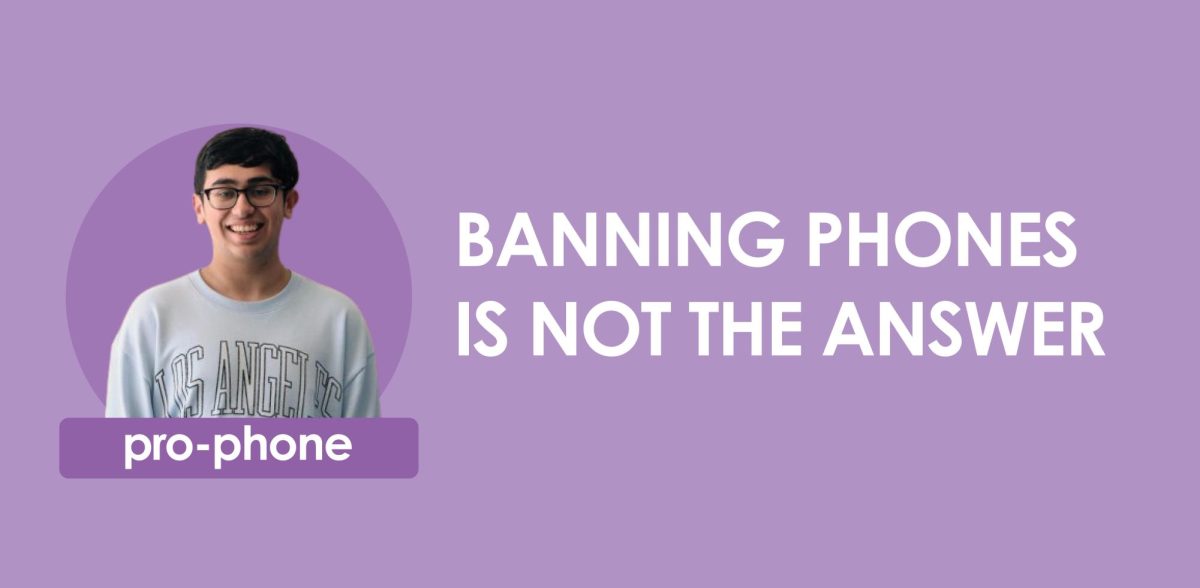
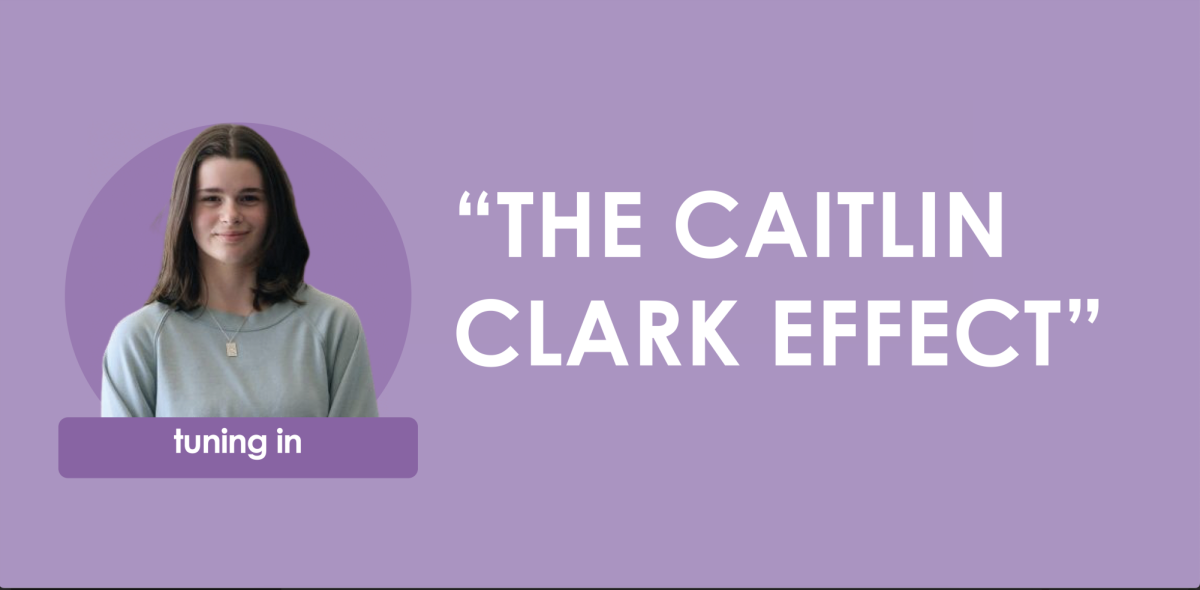
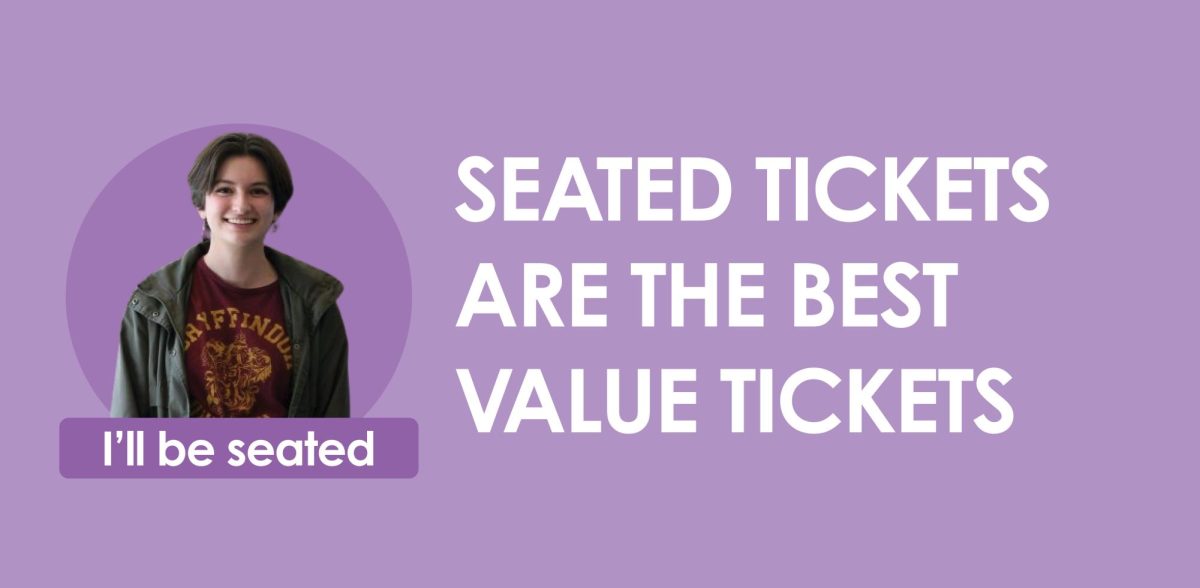

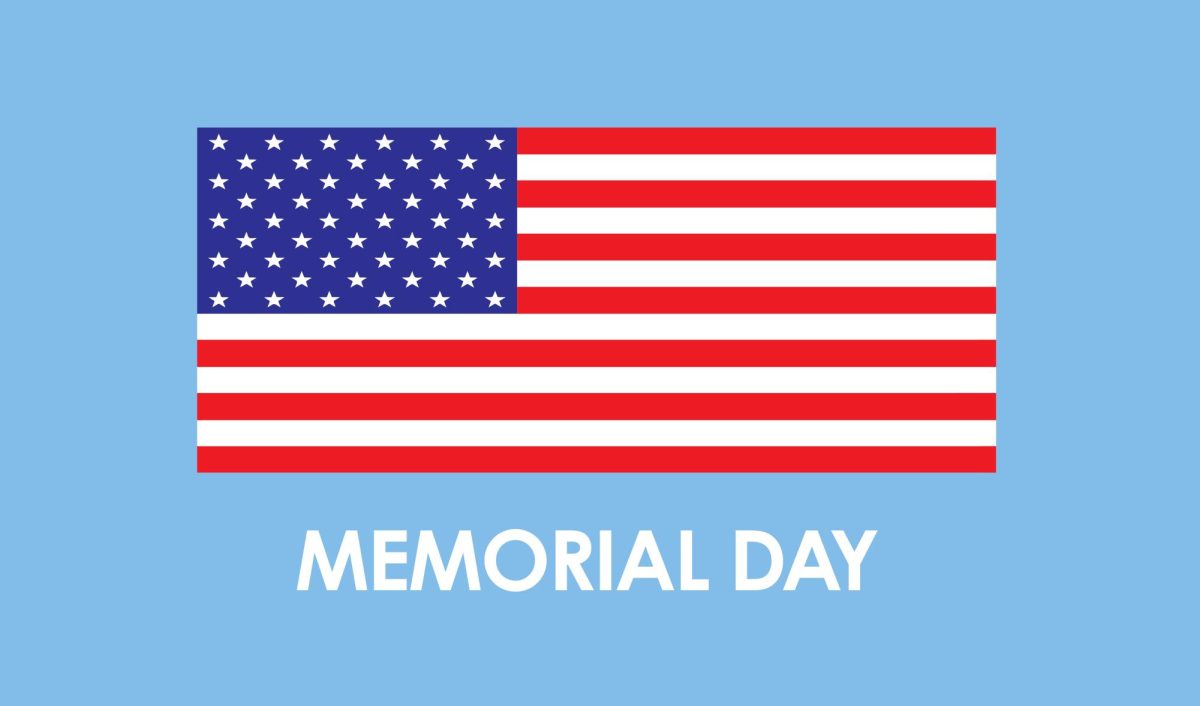














![Family vlogger controversy, need for content reform [opinion]](https://hilite.org/wp-content/uploads/2024/05/Screenshot-2024-05-14-11.33.37-AM-1200x465.png)


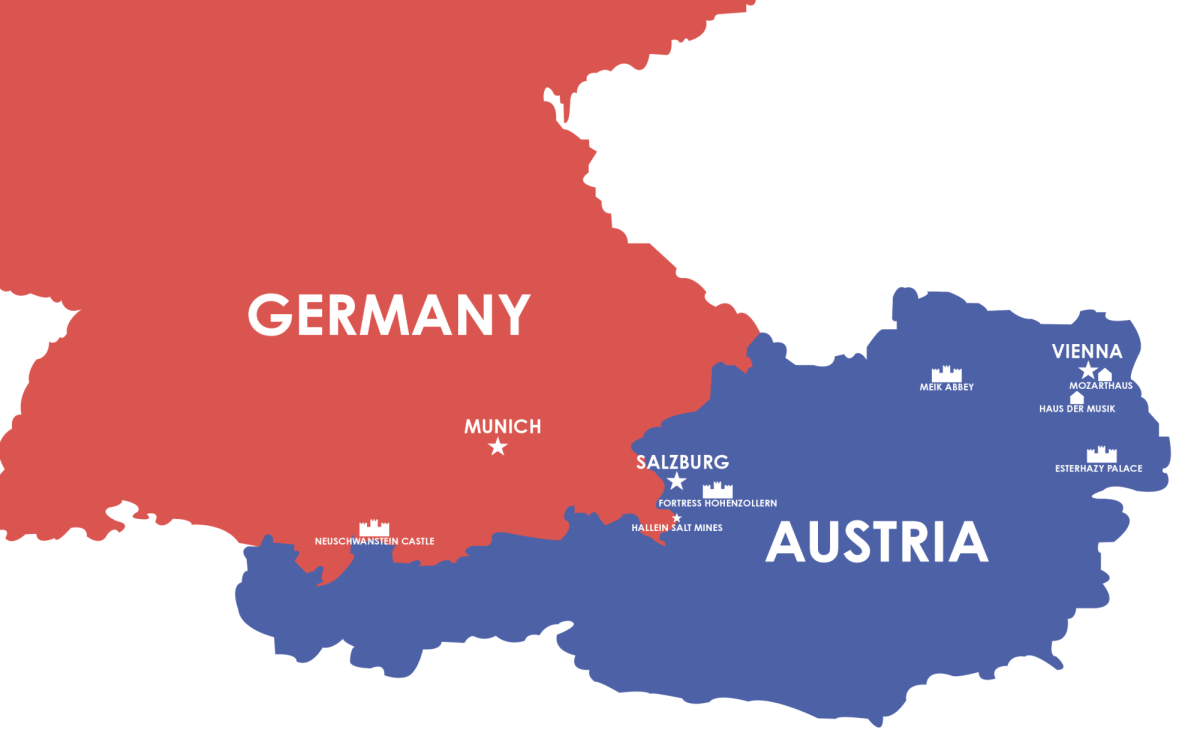
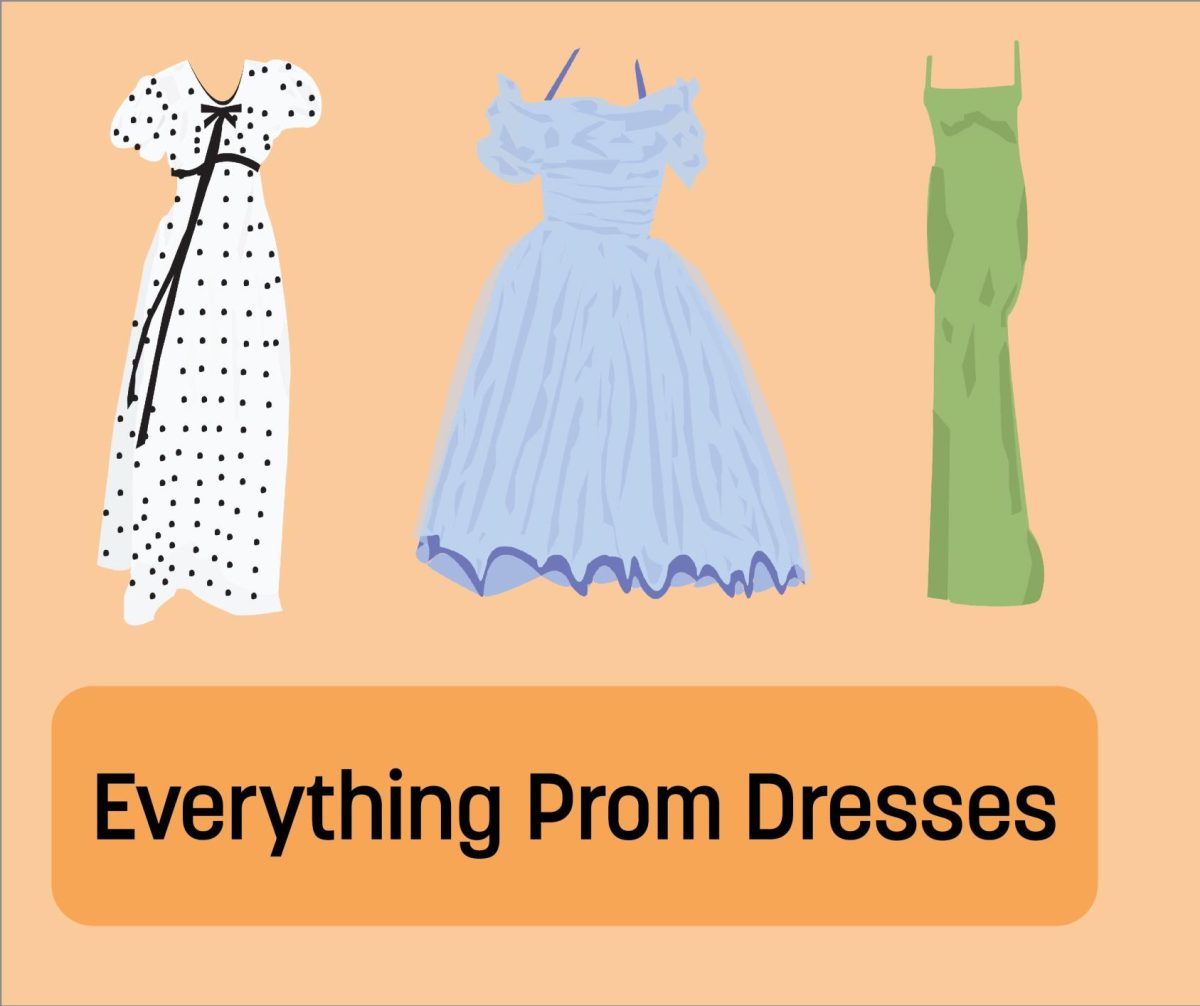

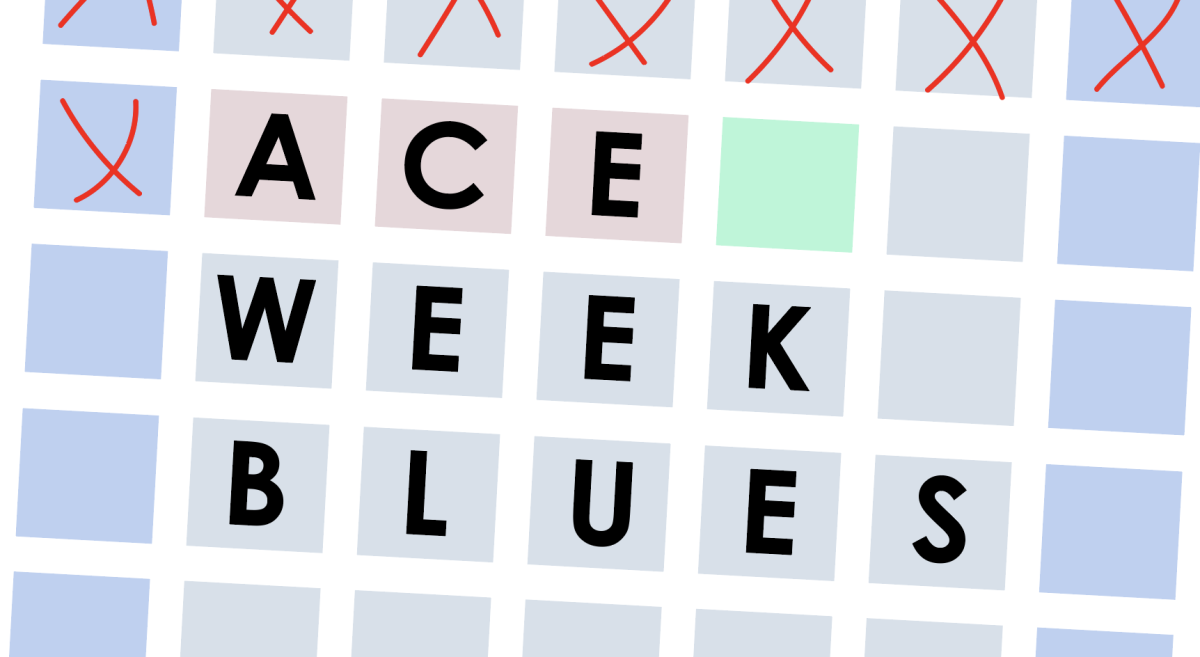
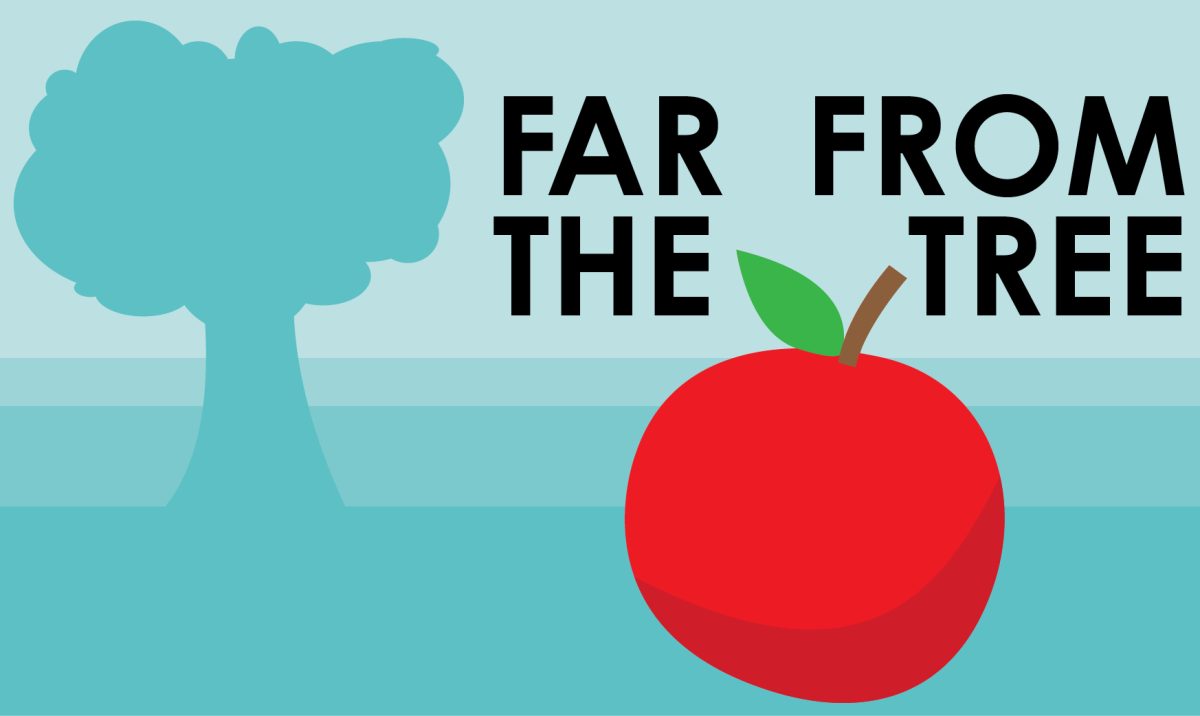
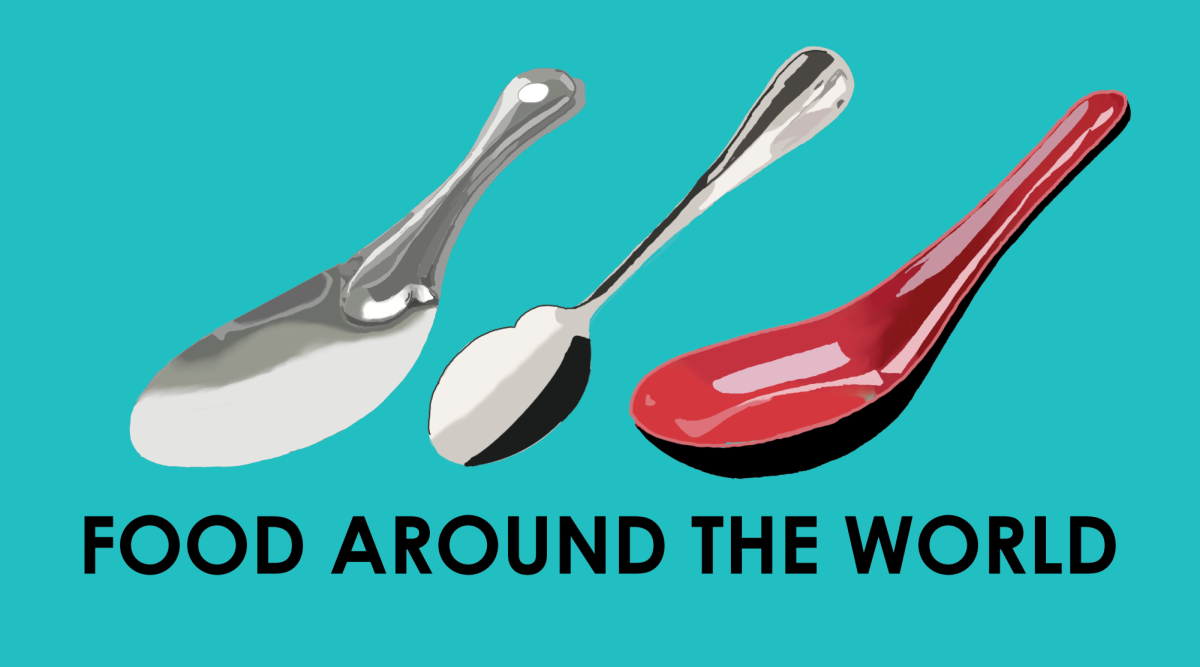






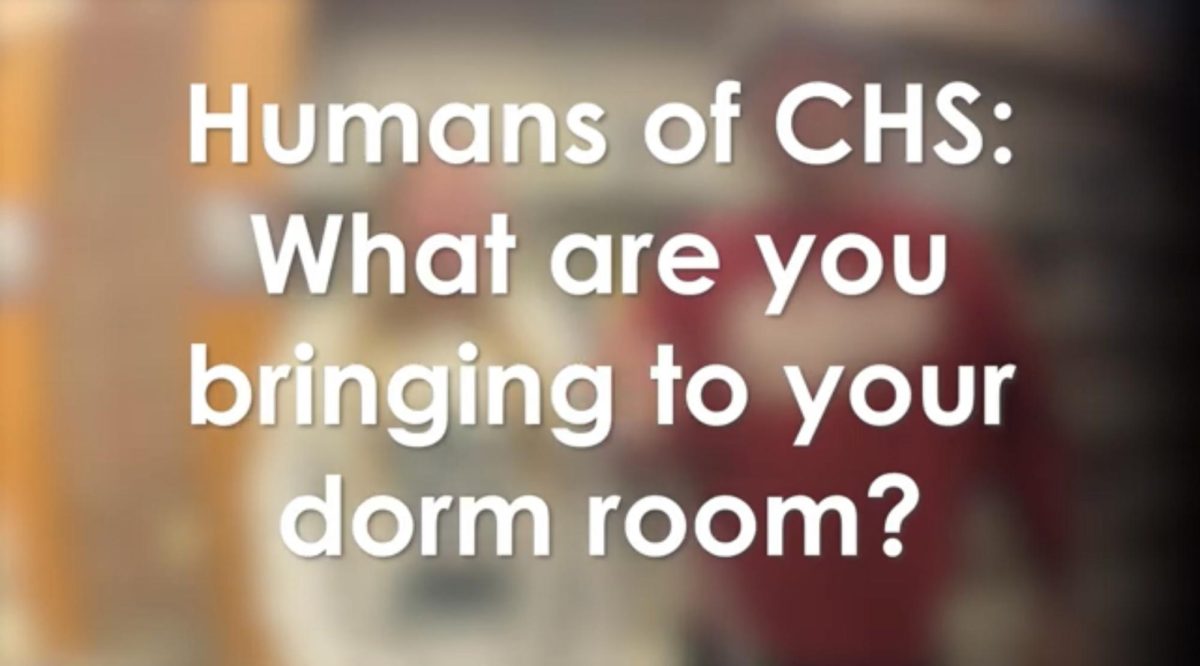









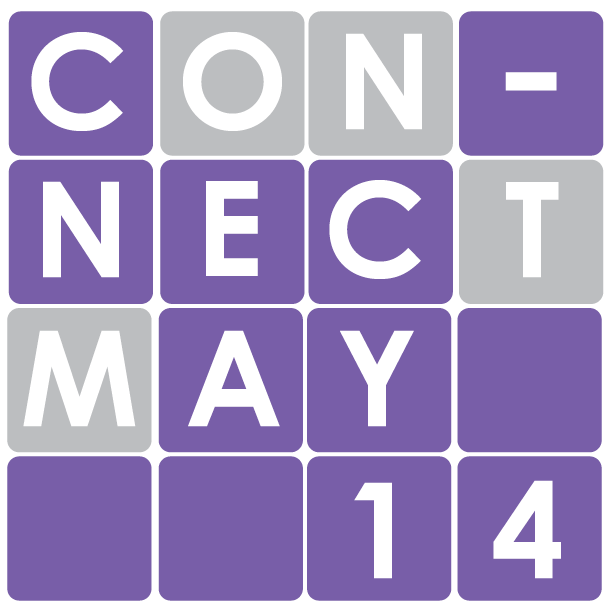
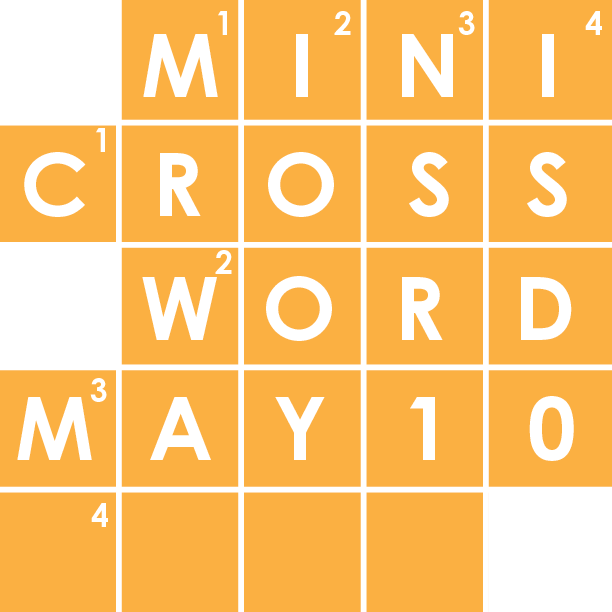
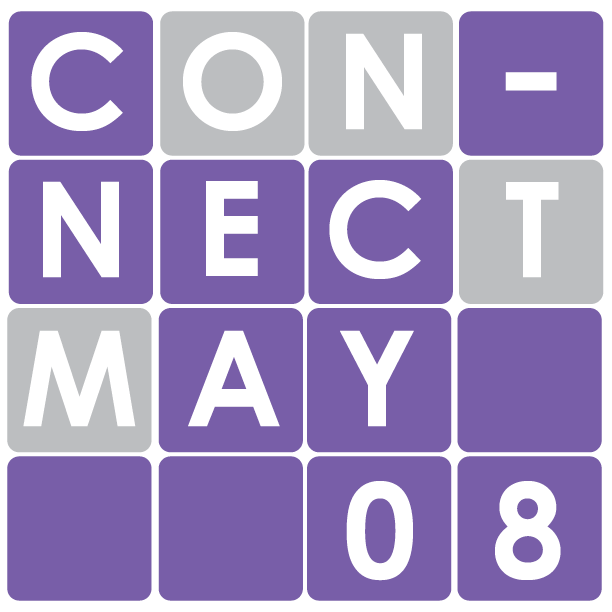
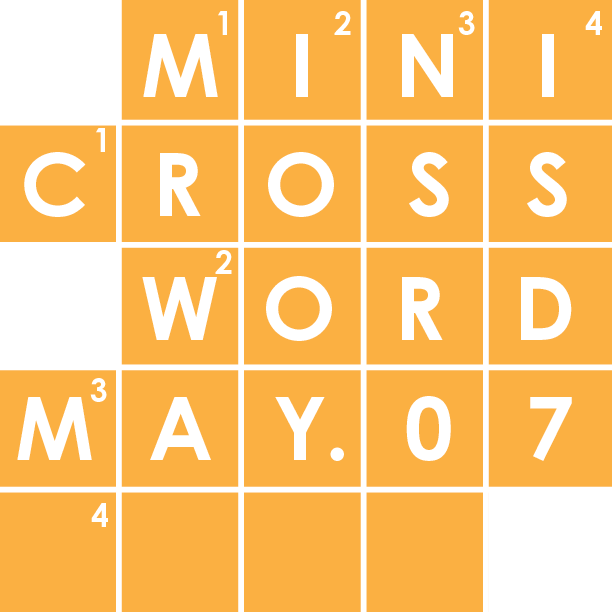
![Review: Taylor Swift’s new album The Tortured Poets Department is not her best work but is still a brilliant album [MUSE]](https://hilite.org/wp-content/uploads/2024/05/The-Anthology_Cover-1200x675.webp)
![Review: Challengers does it all [MUSE]](https://hilite.org/wp-content/uploads/2024/05/challengers-poster-1200x600.png)
![Review: A House of Flame and Shadow by Sarah J. Maas was a disappointing read [MUSE]](https://hilite.org/wp-content/uploads/2024/05/house-of-flame-and-shadow-feature.png)
![Review: Conan Gray’s new album, “Found Heaven”, is a refreshing twist on modern music [MUSE]](https://hilite.org/wp-content/uploads/2024/05/Screenshot-2023-10-31-at-16.01.05.webp)
![Review: “Bodies, Bodies, Bodies” is the quintessential Gen-Z movie [MUSE]](https://hilite.org/wp-content/uploads/2024/05/Screenshot-2024-05-15-140618.png)
![Review in Print: Maripaz Villar brings a delightfully unique style to the world of WEBTOON [MUSE]](https://hilite.org/wp-content/uploads/2023/12/maripazcover-1200x960.jpg)
![Review: “The Sword of Kaigen” is a masterpiece [MUSE]](https://hilite.org/wp-content/uploads/2023/11/Screenshot-2023-11-26-201051.png)
![Review: Gateron Oil Kings, great linear switches, okay price [MUSE]](https://hilite.org/wp-content/uploads/2023/11/Screenshot-2023-11-26-200553.png)
![Review: “A Haunting in Venice” is a significant improvement from other Agatha Christie adaptations [MUSE]](https://hilite.org/wp-content/uploads/2023/11/e7ee2938a6d422669771bce6d8088521.jpg)
![Review: A Thanksgiving story from elementary school, still just as interesting [MUSE]](https://hilite.org/wp-content/uploads/2023/11/Screenshot-2023-11-26-195514-987x1200.png)
![Review: When I Fly Towards You, cute, uplifting youth drama [MUSE]](https://hilite.org/wp-content/uploads/2023/09/When-I-Fly-Towards-You-Chinese-drama.png)
![Postcards from Muse: Hawaii Travel Diary [MUSE]](https://hilite.org/wp-content/uploads/2023/09/My-project-1-1200x1200.jpg)
![Review: Ladybug & Cat Noir: The Movie, departure from original show [MUSE]](https://hilite.org/wp-content/uploads/2023/09/Ladybug__Cat_Noir_-_The_Movie_poster.jpg)
![Review in Print: Hidden Love is the cute, uplifting drama everyone needs [MUSE]](https://hilite.org/wp-content/uploads/2023/09/hiddenlovecover-e1693597208225-1030x1200.png)
![Review in Print: Heartstopper is the heartwarming queer romance we all need [MUSE]](https://hilite.org/wp-content/uploads/2023/08/museheartstoppercover-1200x654.png)











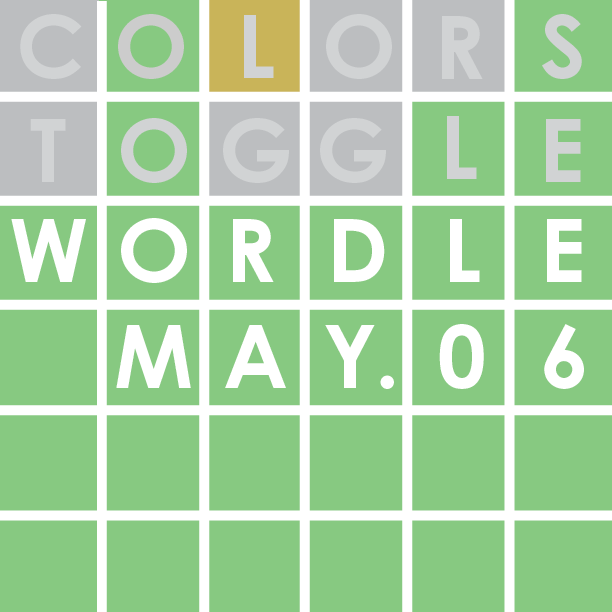

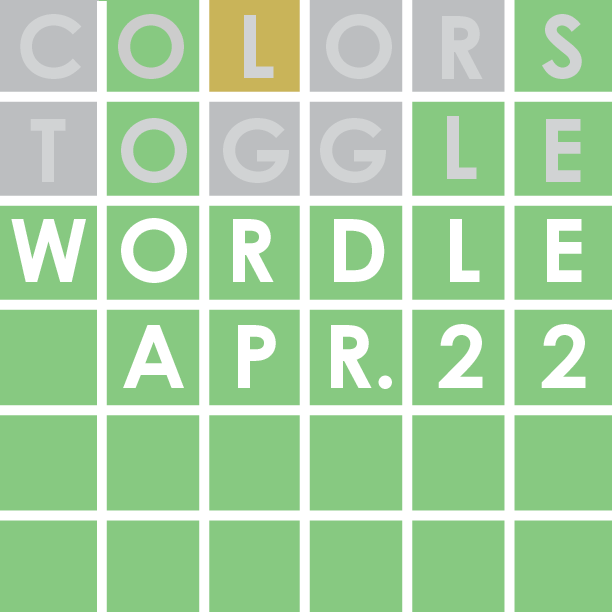

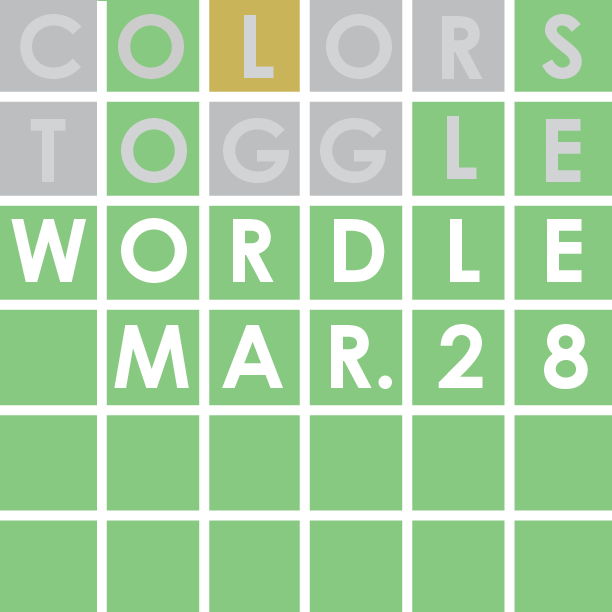






![Review: “Ginny & Georgia” is a dramatic and poorly made emotional rollercoaster–and I loved it anyway [MUSE]](https://hilite.org/wp-content/uploads/2024/03/ginny-and-georgia-season2-main-be37bbb9487a41e88b3f66c3baacd5c3-300x177.jpg)
![Review: Witch Hat Atelier is a masterpiece in art and world-building, but the story has only begun [MUSE]](https://hilite.org/wp-content/uploads/2024/01/unnamed-211x300.png)
![Review: “Mysterious Lotus Casebook” is an amazing historical Chinese drama [MUSE]](https://hilite.org/wp-content/uploads/2024/03/0-300x170.webp)
![Review: “A Little Life” by Hanya Yanagihara is the epitome of a heartwrenching masterpiece [MUSE]](https://hilite.org/wp-content/uploads/2024/01/unnamed-5-300x200.png)


